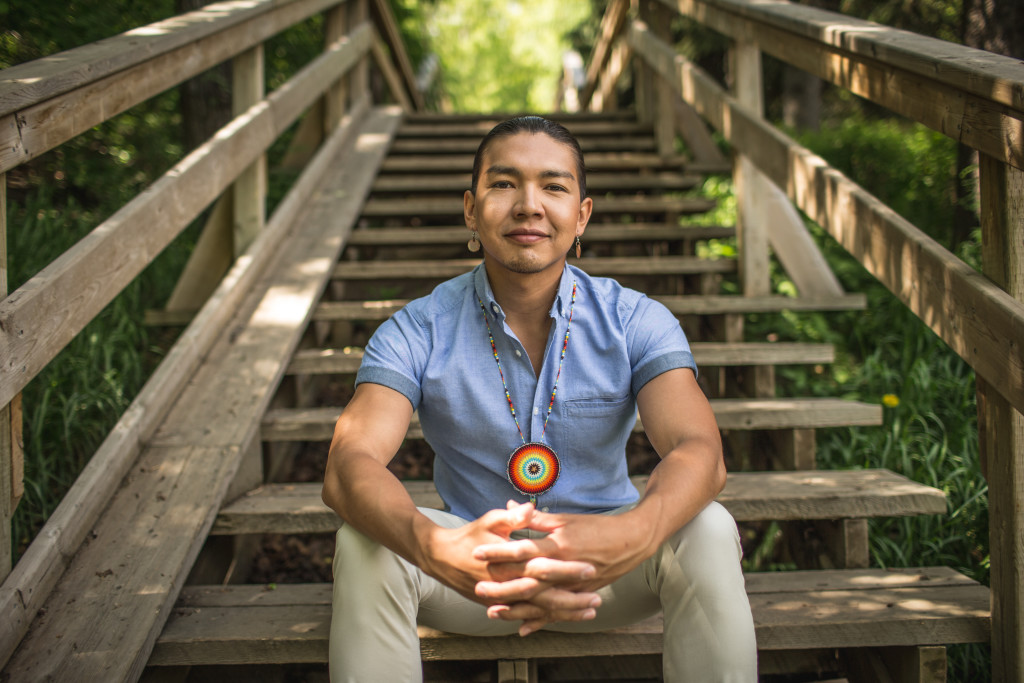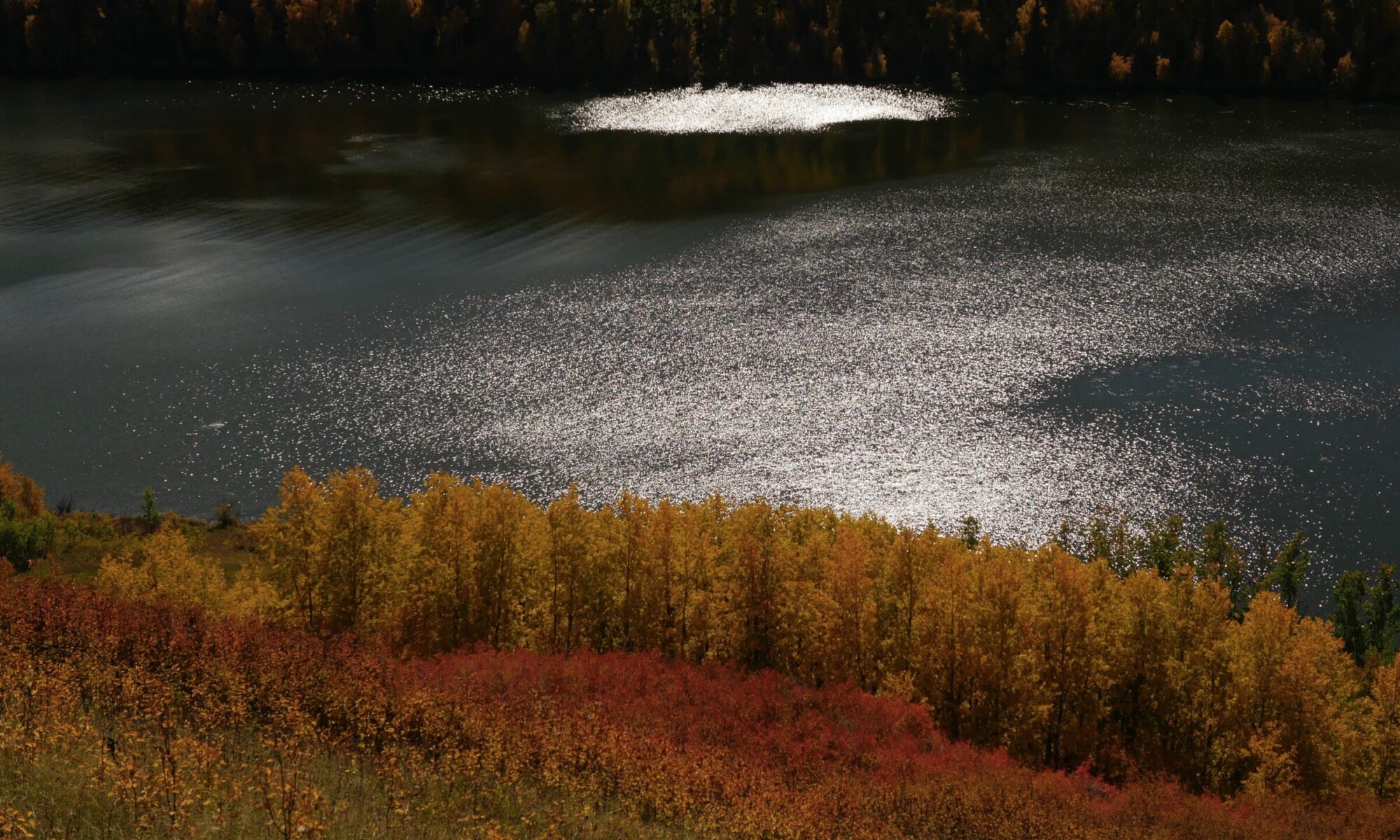 James Andrew Makokis was born and raised on onihcikiskwapiwin – “Saddle Lake Cree Nation”, in Treaty No. 6. He is a two-spirited Family Physician who resides in Edmonton, Alberta, where he practices Family Medicine. Dr. Makokis also holds a Masters of Health Science from the University of Toronto.
James Andrew Makokis was born and raised on onihcikiskwapiwin – “Saddle Lake Cree Nation”, in Treaty No. 6. He is a two-spirited Family Physician who resides in Edmonton, Alberta, where he practices Family Medicine. Dr. Makokis also holds a Masters of Health Science from the University of Toronto..
From 2013-2015 he fulfilled his life long dream of practicing in his home Nation. During that time he focused on incorporating nehiyaw mamitoneyicikan (Cree world view) into all aspects of his practice, including the Cree Seven Stages of Life Teachings and Cree medicines. He believes that only through the inclusion and incorporation of Indigenous knowledge across all areas of programming in Indigenous Nations, and working collaboratively with traditional medicine people
will true healing occur.
will true healing occur.
.
Currently he also works co-teaching alongside Elder Jim O’Chiese, courses on Indigenous health, traditional medicine, and Indigenous knowledge at Yellowhead Tribal College. Dr. Makokis also holds appointments as an Associate Clinical Professor in the Faculty of Medicine at the University of Alberta and Adjunct Lecturer in the Dalla Lana School of Public Health at the University of Toronto.
.
He was the 2007 youth recipient of the Indspire Award and former National Spokesperson for the National Aboriginal Role Model Program. He has recently published two book chapters, one in “Shattering Stereotypes: Experiences of Australian and Canadian First Nations General Practitioners and Family Doctors” and the other in “Determinants of Indigenous Peoples’ Health in Canada: Beyond the social” with his mother Dr. Patricia Makokis.
.
His Family Medicine Residency research project entitled “They only go there to die: Experiences of nehiyawak accessing health care in rural Alberta – results of a talking circle” won the National Family Medicine Residency Research Award in 2012. His dream is to open up a collaborative practice with other Indigenous physicians and traditional medicine people to work alongside each other, utilizing both nehiyaw maskihkiya and moniyaw maskihkiya in 2017. Until then he is focusing on learning to speak nehiyawewin.
